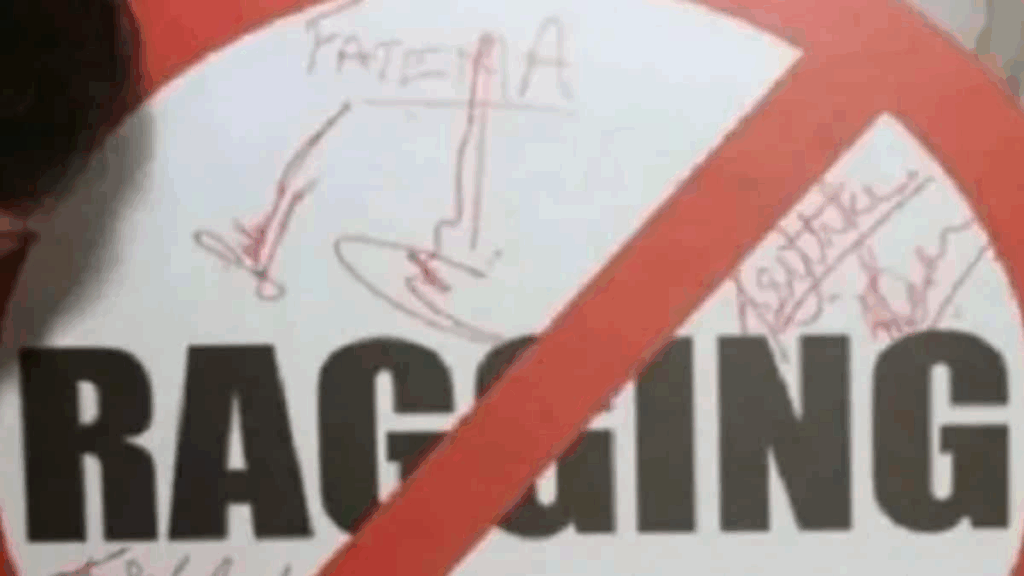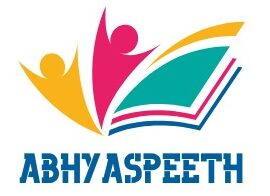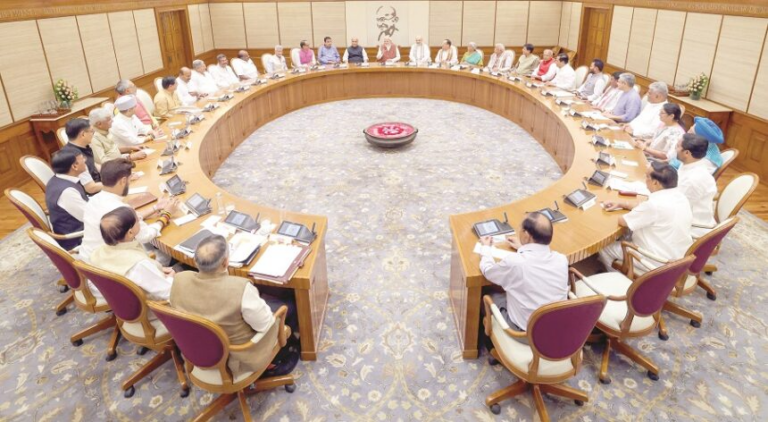
Abhyspeeth Education Desk
Nashik : In a significant step towards eradicating ragging from medical colleges, the Maharashtra University of Health Sciences (MUHS) has launched a student-led initiative aimed at curbing this long-standing issue. Recognizing that ragging, both physical and psychological, continues to affect students—particularly in professional courses like medicine—the university has decided to place the responsibility of prevention directly in the hands of the student councils.
Under this initiative, members of college-level student councils, along with representatives of the MUHS central student council, will be tasked with receiving complaints from affected students and ensuring that they are swiftly escalated to the university’s Director of Student Welfare. The process is designed to bypass unnecessary delays and facilitate quick resolution, ensuring that any reported cases are addressed with urgency and seriousness. The university has also begun organizing workshops to counsel students and teachers alike, focusing on awareness, mental well-being, and leadership in peer intervention.
Over the past three years (2021 to 2024), as many as 50 incidents of ragging have been reported in medical colleges across Maharashtra, of which 35 were from government institutions alone. Although the number has declined compared to earlier years, MUHS officials acknowledge that the menace still persists and requires continued vigilance. Pro Vice-Chancellor Dr. Milind Nikumbh stated that while the frequency and severity of cases have reduced, the university remains committed to eliminating ragging entirely through systemic reforms and student participation.
As part of its broader efforts, MUHS has already conducted training workshops in four out of the six university regions, with the remaining two scheduled to be completed within a month. These workshops are not just procedural briefings but involve real-time counselling, scenario simulations, and confidence-building exercises for student representatives. In parallel, faculty members are being sensitized to recognize signs of harassment and support students in distress.
Another key pillar of the anti-ragging strategy is the ‘KulGuru Katta’ initiative—an open forum launched by MUHS where students directly interact with the Vice-Chancellor to voice their concerns and seek guidance. In the last one year alone, ten such sessions have been conducted, and the feedback has been overwhelmingly positive. Students have appreciated the transparent communication channel and the feeling of being heard and supported by the highest levels of academic leadership.
The new protocol ensures that any student facing ragging can report it to their college’s student council. These members, trained by the university, will then forward the case to MUHS’s central student council, which in turn will report it directly to the Director of Student Welfare. This streamlined chain of communication allows for timely action and accountability, ensuring that complaints no longer get lost in bureaucratic layers.
This student-driven model marks a cultural shift in the way educational institutions are addressing sensitive issues like ragging. Rather than relying solely on punitive measures after an incident has occurred, MUHS is empowering its students to take preventive, community-oriented action. By doing so, the university is not only building safer campuses but also nurturing a generation of health professionals who understand the value of empathy, leadership, and mutual respect.




